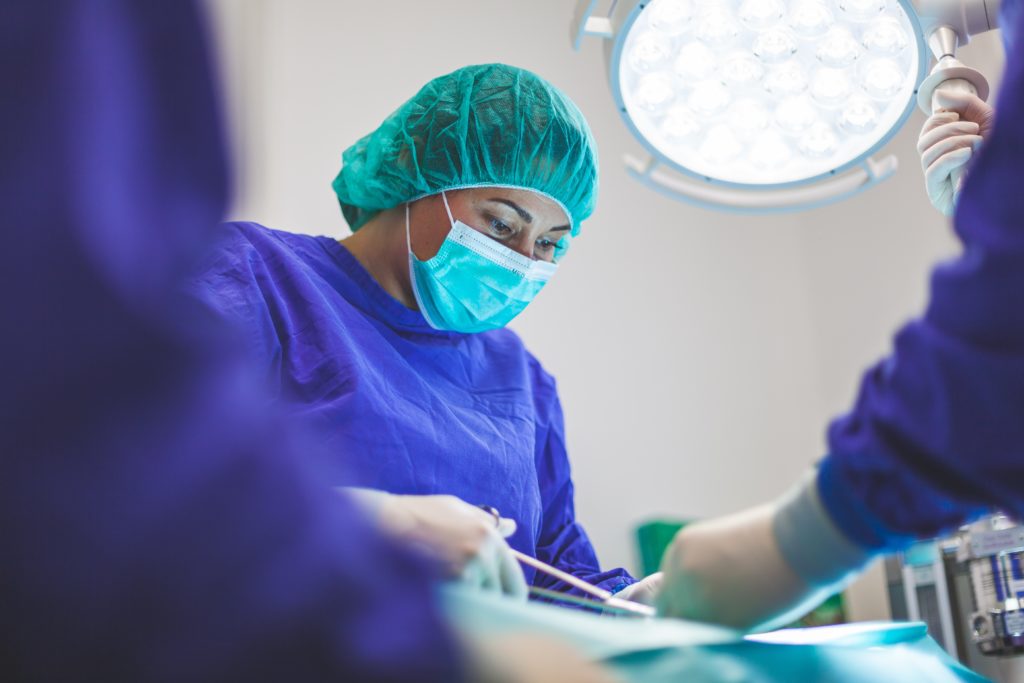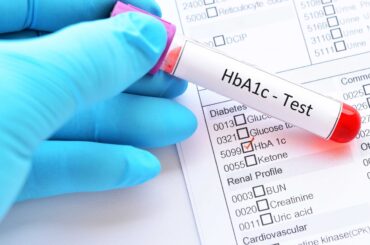No one likes to go under the scalpel. But unfortunately, most of us will have to face some kind surgery during our lifetime.
There are some things you need to know before you prepare for your surgery. You may have to change your dietary habits and lifestyle before the surgery for quick and easy recovery.
So in this post, I will explain you in brief how you should change your diet and lifestyle before surgery,
Your preparation should start early

Even though the title say ‘what should you eat before your surgery’, in reality you should start your dietary modification at least 3-6 months before your surgery.
The more time you prepare in advance the more your body be able to handle the stress of the surgery.
It is good if you can meet a dietician and learn more and prepare a meal plan ideal for you depending on your medical condition and the type of surgery you are planning to undergo.
Control your body weight

It’s a good thing to control your body weight before the surgery and bring it to close to your ideal BMI as much as possible.
This is because people who are underweight and those who are overweight will take a longer time to recover. They can even get unwanted complications like delayed wound healing and respiratory tract infections because of this.
So you should not eat
The important thing is to eat a balanced diet with ideal amounts of carbs, protein and fat.
If you have diabetes control your blood sugar levels

People with diabetes can have higher than normal blood sugar levels if they don’t have good control.
If the blood sugar levels are not controlled their wounds may not heal quickly, and their wounds are prone to infections.
To avoid all these, it’s an extremely important thing to control your blood sugar levels.
Ideally, you need to keep your HBA1C value less than 6.5 and your fasting blood glucose level less than 120mg/dl.
If someone is preparing for a major surgery make sure to meet your family physician and discuss any changes in medication to optimize your blood sugar levels.
Avoid food that will fluctuate your blood sugar levels. Also, avoid food with a high glycemic index.
Stop smoking and drinking alcohol

It is also essential to stop smoking and drinking alcohol several weeks to months prior to
Your lungs need to be healthy before the doctors sedate you, and smoking can affect your lung’s health. So that makes it essential to stop smoking before surgery.
Alcohol can make your blood sugar levels to fluctuate, it can also make your immune system weak and slow down your recovery.
Exercise well

Exercising is essential for everyone. However, if you are someone who is not regularly exercising you need to start exercising well before the surgery.
Why? Because exercising is good for your heart. It helps to build your circulation and also improve your fitness.
All these factors can increase your recovery time and reduce the complications of the surgery.
A healthy adult should exercise at least 30 minutes a day five days a week.
Learn more how you can track your workout by using the Google Fit app,
Fasting before surgery
Before the day of the surgery your doctors will ask you to stop eating and drinking anything for 6 hours.
It is extremely important that you should follow this advice because if not your doctors won’t be able to sedate you properly.
It will make your and the doctor’s life much easier if you follow their advice and help them by fasting.
The fasting time maybe less than 6 hours for children and toddlers.
Make these dietary modifications before your surgery, and that will help you in quick recovery and quick discharge from hospital. And a reduced long term complications.




